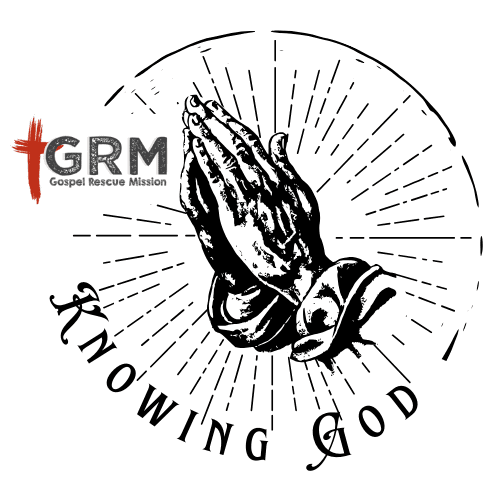Introduction
Knowing God is a profound journey that transcends time, culture, and personal experience. It is a quest that has been pursued by countless individuals throughout history, each seeking to understand the divine and their place within God’s creation.
Historical Perspectives on Knowing God
Throughout history, many have sought to know God, often leaving behind rich legacies of faith and devotion. One notable example is Saint Augustine of Hippo, a theologian and philosopher whose writings have profoundly influenced Christian thought. Augustine’s journey to knowing God was marked by intense personal struggle and intellectual inquiry. In his seminal work, “Confessions,” Augustine recounts his life story, detailing his transformation from a life of sin to one of deep faith. His famous prayer, “You have made us for yourself, O Lord, and our heart is restless until it rests in you,” encapsulates his realization that true peace and fulfillment come from knowing God.
Another historical figure who exemplified a deep relationship with God is Mother Teresa of Calcutta. Known for her unwavering commitment to serving the poorest of the poor, Mother Teresa’s life was a testament to her intimate knowledge of God’s love and compassion. Despite experiencing periods of spiritual dryness and doubt, she remained steadfast in her faith, drawing strength from her belief in God’s presence and purpose for her life.
Biblical Stories of Knowing God
The Bible is replete with stories of individuals who encountered God in transformative ways. These narratives not only provide insights into the nature of God but also offer lessons on how we can cultivate a deeper relationship with Him.
1. Abraham: The Father of Faith
Abraham’s story is one of the most compelling accounts of faith and obedience in the Bible. Called by God to leave his homeland and journey to an unknown land, Abraham’s willingness to trust and follow God’s direction is a powerful example of faith in action. In Genesis 12:1-4, God promises to make Abraham the father of a great nation, and despite the uncertainties and challenges, Abraham obeys. His relationship with God is marked by covenant and promise, illustrating that knowing God often involves stepping out in faith and trusting in His plans.
2. Moses: Encountering God in the Burning Bush

Moses’ encounter with God at the burning bush is a pivotal moment in biblical history. In Exodus 3, Moses is tending sheep when he sees a bush that is on fire but not consumed. As he approaches, God speaks to him, revealing His name as “I AM WHO I AM” and commissioning Moses to lead the Israelites out of Egypt. This encounter not only transforms Moses’ life but also sets the stage for the liberation of God’s people. Moses’ story teaches us that knowing God often involves moments of divine revelation and a call to action.
3. David: A Heart After God’s Own Heart
King David’s relationship with God is characterized by deep devotion and heartfelt worship. Despite his flaws and failures, David is described as a man after God’s own heart (1 Samuel 13:14). His psalms express a wide range of emotions, from joy and gratitude to sorrow and repentance, reflecting an intimate and honest relationship with God. David’s life shows us that knowing God involves being authentic in our relationship with Him, bringing our whole selves before Him in worship and prayer.
4. Paul: From Persecutor to Apostle
The Apostle Paul’s dramatic conversion on the road to Damascus is a powerful testament to the transformative power of knowing God. Once a zealous persecutor of Christians, Paul encounters the risen Christ in a blinding vision, leading to his conversion and subsequent mission to spread the Gospel. In his letters, Paul often speaks of the profound change that knowing Christ has brought to his life, emphasizing that it is through Christ that we come to know God fully (Philippians 3:7-11). Paul’s story highlights the radical transformation that can occur when we encounter God and surrender our lives to Him.
Lessons for Today
The stories of historical figures and biblical characters offer timeless lessons for our own spiritual journeys. Here are a few key takeaways:
Faith and Obedience: Like Abraham, we are called to trust in God’s promises and step out in faith, even when the path is uncertain.
Divine Encounters: Moses’ experience reminds us that God often reveals Himself in unexpected ways and calls us to respond to His voice.
Authenticity in Worship: David’s psalms encourage us to be honest and authentic in our relationship with God, bringing our joys and sorrows before Him.
Transformation: Paul’s conversion shows us that knowing God can lead to profound personal transformation and a renewed sense of purpose.
Conclusion
Knowing God is a lifelong journey that involves faith, obedience, and a willingness to seek Him with our whole hearts. The stories from history and the Bible provide rich examples of how individuals have encountered God and been transformed by His presence. As we reflect on these narratives, may we be inspired to deepen our own relationship with God, trusting in His promises and seeking to know Him more fully each day.


